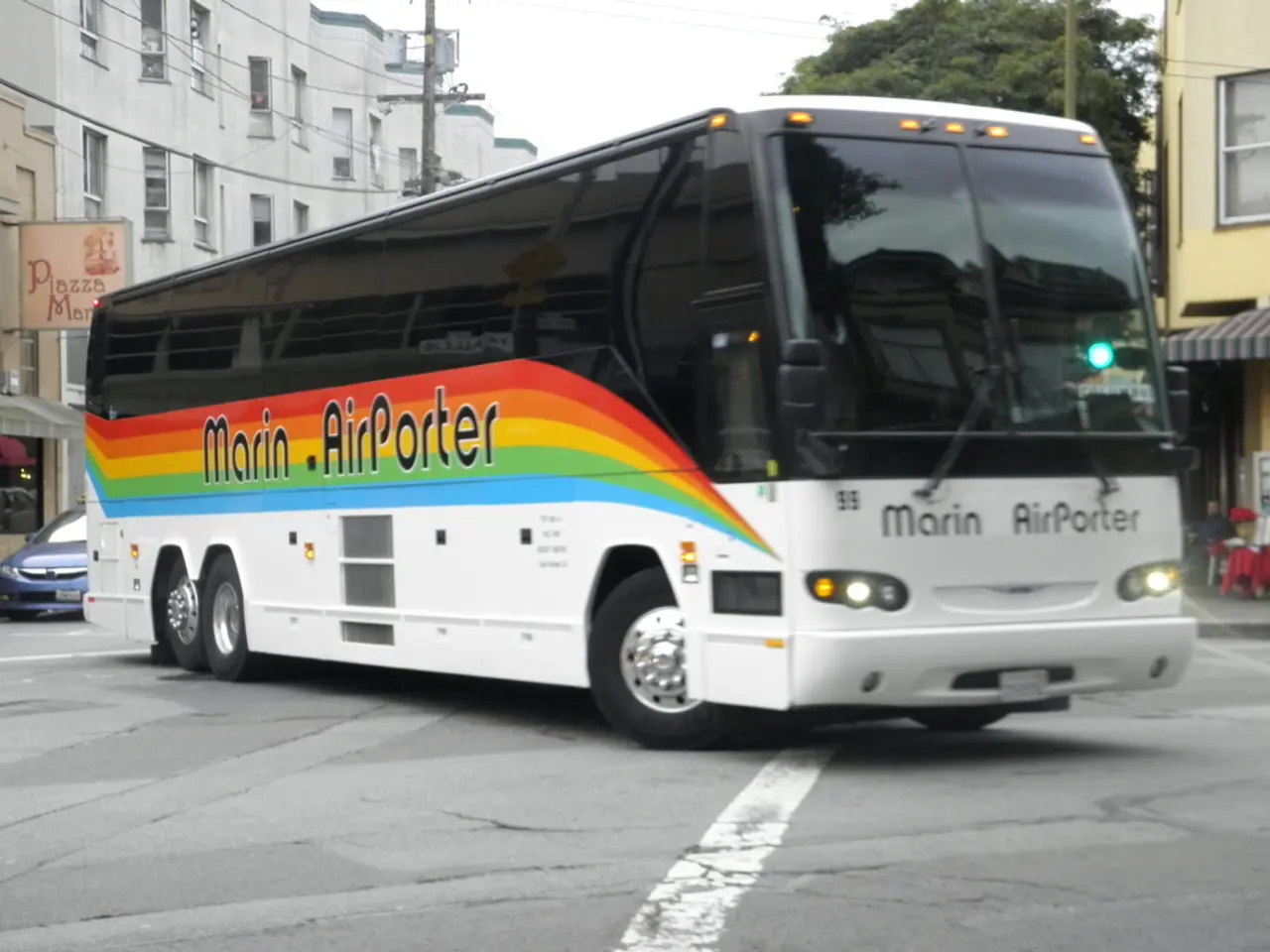Dresden serves as a model for forthcoming urban transportation systems
The European Union is taking significant strides towards its goal of having 100 climate-neutral and smart cities by 2030. Two EU projects, Mobilities for EU and NEUTRALPATH, are working diligently to create the Climate-City-Contract, a key element in the strategy to achieve this ambitious target.
The Climate-City-Contract is a municipal framework plan that outlines a potential path to climate neutrality for European cities. It is part of the EU mission "100 climate-neutral and smart cities by 2030", a significant step towards Europe's aim to be climate-neutral by 2050, as agreed in the European Green Deal.
Transport is responsible for over 30% of Europe's total energy consumption and is the second-largest emitter of greenhouse gases. The creation of the Climate-City-Contract aims to address these issues by promoting energy-efficient and user-oriented concepts for passenger and freight transport.
The MOBILITIES for EU project, launched to accelerate the transition to environmentally friendly urban mobility, is a significant contributor to this mission. It includes the demonstration of 27 mobility solutions in 11 pilot actions, such as the introduction of autonomous electric buses and a decentralized data ecosystem for automated driving in urban areas.
Dresden, along with 111 other cities, is participating in the European Commission's "Climate-Neutral and Smart Cities" mission, with a goal to achieve climate neutrality as much as possible by 2030. Dresden is working with partners such as Volkswagen Group Innovation, SAP SE, Fraunhofer IVI, TU Dresden, and the Saxon Energy Agency SAENA.
Five cities in Greece, Slovakia, Finland, Poland, and Bosnia-Herzegovina are also involved in the MOBILITIES for EU project. These cities are responsible for long-term individual adaptation and development of processes, with each city adapting the processes to suit its unique needs.
The "MOBILITIES for EU" project will run for five years, and partners will meet in Dresden this week as part of the Dresden Communications Festival to discuss its implementation. The project also aims to develop new business fields for the involved actors.
The creation of the Climate-City-Contract within the EU mission "100 climate-neutral and smart cities by 2030" is a significant step towards a greener and more sustainable future for European cities. The two EU projects, Mobilities for EU and NEUTRALPATH, are important building blocks to make the path to climate neutrality more concrete.
Read also:
- visionary women of WearCheck spearheading technological advancements and catalyzing transformations
- Recognition of Exceptional Patient Care: Top Staff Honored by Medical Center Board
- A continuous command instructing an entity to halts all actions, repeated numerous times.
- Oxidative Stress in Sperm Abnormalities: Impact of Reactive Oxygen Species (ROS) on Sperm Harm








